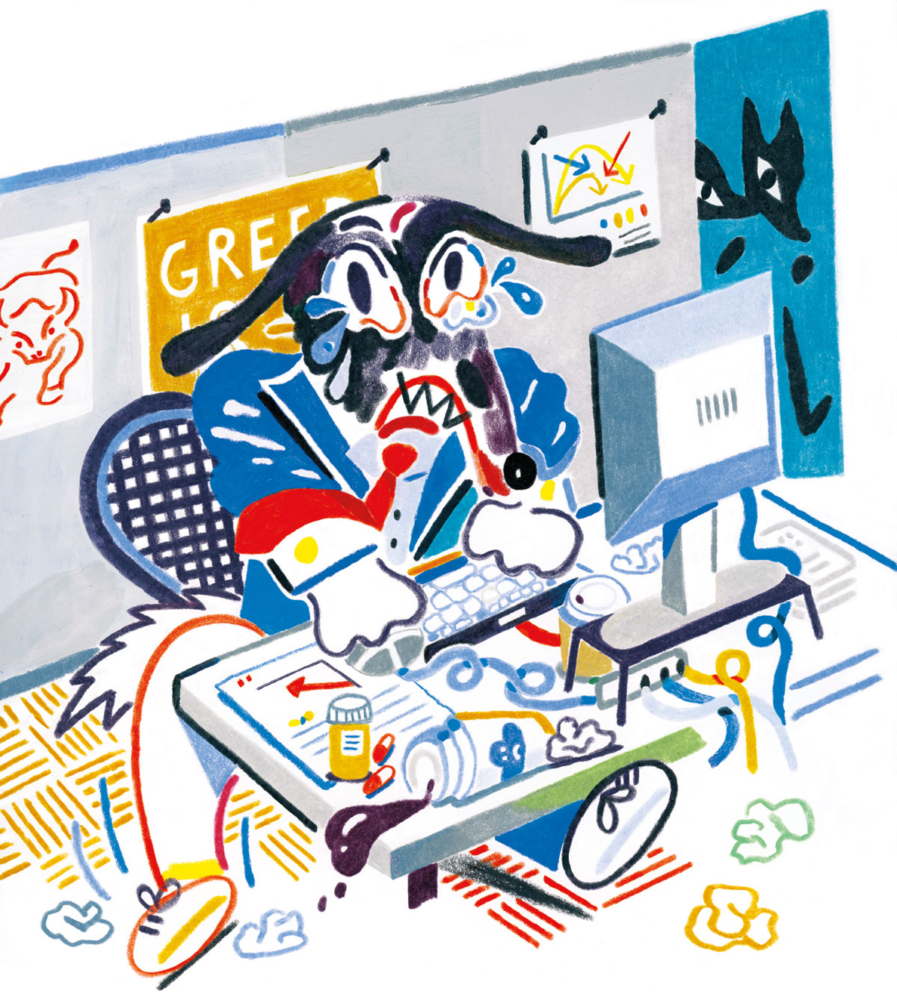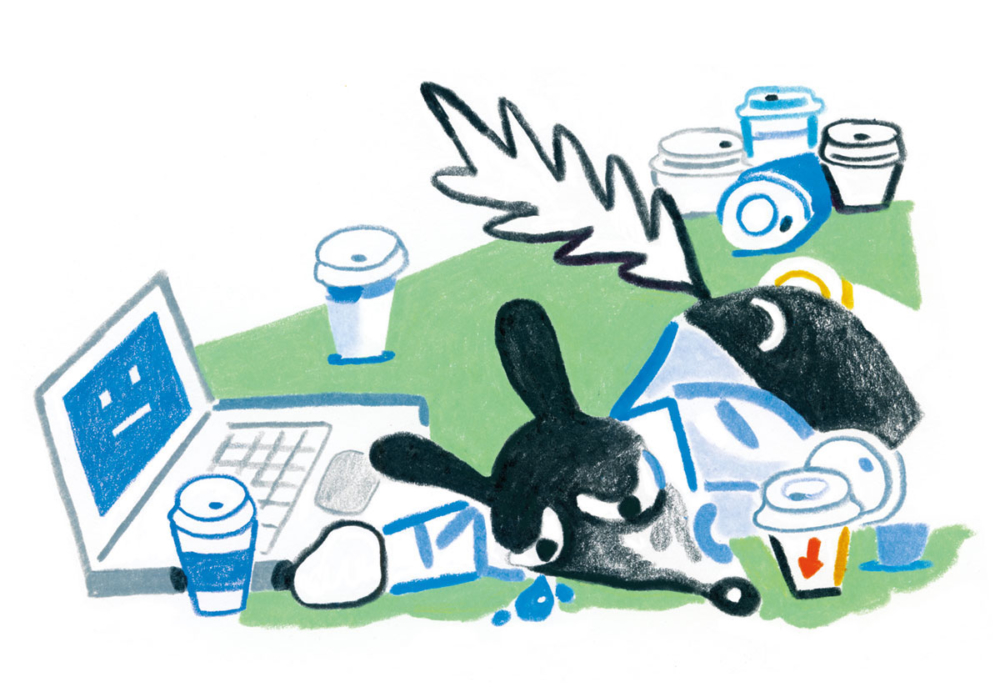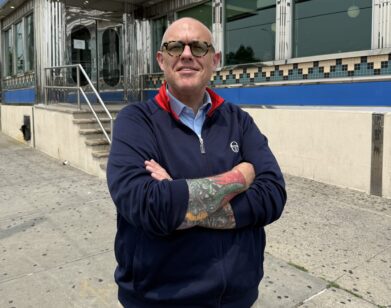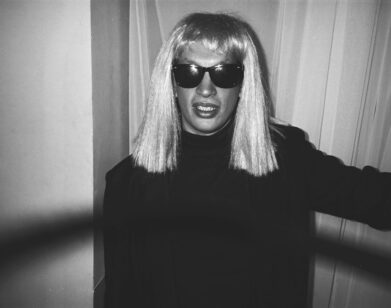We Spoke with 8 of the Real Wolves Now Running Wall Street

The suited 20somethings who are currently at work in the furnaces of the American banking system were in middle school when the financial crisis of 2008 crashed the country’s economy. After “The Panic” subsided, some banking regulations changed and coke-sprinkled Hollywood spin arrived in the form of The Big Short and The Wolf of Wall Street. But what’s life like in the corporate office towers that glint above New York? Eight of them anonymously brought us behind the curtain.
———
Eric, intern
“There are two different sets of people who go into banking. There are the people who read Liar’s Poker, Wall Street Oasis, and Mergers & Inquisitions, who have numbed themselves to the idea of Wall Street. Then there are the ones who watched The Big Short or The Wolf of Wall Street, movies that glamorized banking before they went into college. Those people don’t realize that it’s not at all how it looks to be on the outside. There’s no glitz and glamour. Another misconception is that we’re trading stocks. We don’t trade stocks.”
———
Janelle, analyst
“There was someone at my firm who treated everybody very poorly. He’s a white man. I complained about him at least five times to management, and they told me they did an ‘investigation,’ which was just them asking him if he did anything wrong. It’s hard to find people of color who are interested in banking. When they go on campuses to recruit, we don’t think we belong because all we see are white people. There’s an experiential knowledge gap, because we don’t grow up knowing that banking is an option. It’s still a bro’s club. And they’re still protecting white men.”

———
Chase, analyst (recently laid off)
“I feel like class snobbery is more of an issue than race when it comes to diversity in the industry. I don’t know if it’s an unwritten rule, but the major banks have a strict Ivy League–only policy. I come from a state school and grew up with my grandma—that’s not something Goldman Sachs or J.P. Morgan wants. They hire very wealthy kids who go to the really good schools. The nature of the business is heavily relationship-based. If you can connect your bank with your family or your alumni at Wharton, that’s a huge factor for success.”
———
Nicholas, intern
“At the end of the day, it is about who you know. Coming from a smaller school, that took time. LinkedIn is a big resource. I’ll go out of my way to talk to school alumni and drop in at school events. I don’t mind putting in extra work. As a minority you may have to work harder than other people to get your foot in the door, and that’s something I’m totally fine with.”
———
Alina, analyst
“My firm doesn’t have the resources to properly train me. A lot of what we learn is on the job, and this has created a lot of gaps in what we know. We’re able to do the job, but we don’t understand why we’re doing it. The working environment at my bank is very toxic, too, which is why I’m actively looking to leave. It was a shock to me having to deal with people borderline insulting me all the time. You cannot call me ‘someone’s bitch.’”
———
Kyle, analyst
“If I have two consecutive 100-hour weeks, I definitely feel burnt-out. There is nothing I want to do but go to sleep. The new guy on the healthcare team worked for about 120 hours between Christmas and New Year’s Eve just for a J.P. Morgan healthcare conference. Our banker’s schedule in January was probably around 90 meetings in three days, which is insane. We did like 60 pitches in two weeks.”

Candice, junior banker
“Yes, you’re going to work a lot. You’re also going to learn a lot. Eighty hours a week is normal. Dress code is stringent. You’re definitely expected to look formal and nice at all times. You’re supposed to take pride in your appearance. There are high expectations when it comes to work ethic, but the costs are definitely worth the benefits, even if investment banking has a terrible reputation. I’ve had everything from, ‘Are you alive and okay?,’ to, ‘You’re a terrible person because you’re feeding the corporate greed of America.’ Whatever. I hang out with people who went to Penn.”
———
Jonathan, junior banker
“I didn’t think so much about the attrition factor when I first started. It didn’t take long to notice that half of the people I worked with at the beginning of my tenure are completely gone. Suddenly, you have a completely different group of colleagues. And these junior people have such vastly different personalities, especially compared to my cohorts from two-and-a-half years ago. Still, I think it’s good that the bank is bringing people on without the generic Ivy League background. We have different people with different personality types. The general Ivy League graduate comes into investment banking having prepped for it since they were 5 years old.”






